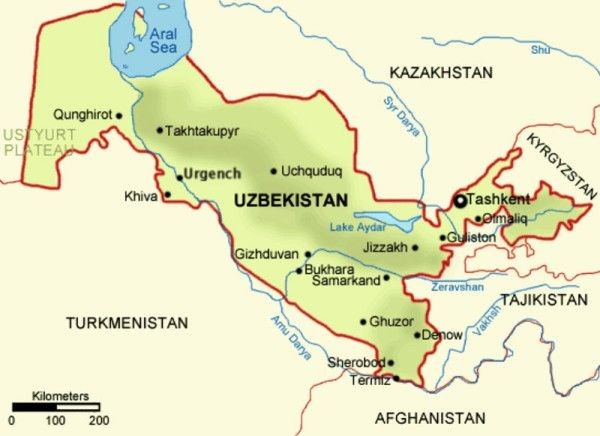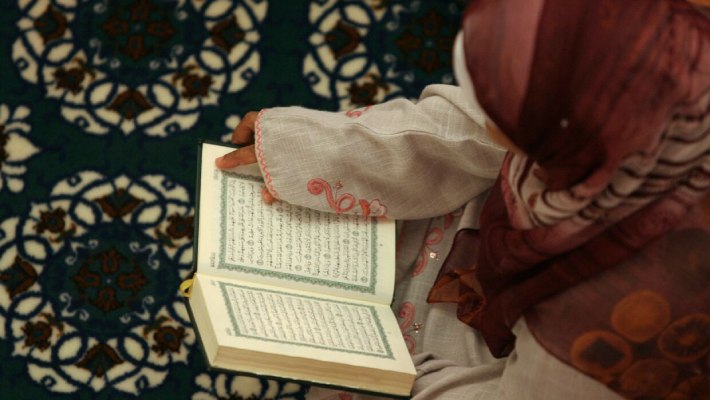DUSHANBE (TCA) — Tajikistan’s lawmakers have approved legislation that obliges individuals and organizations “to stick to traditional and national clothes and culture,” a move widely seen as an effort to discourage people from wearing the hijab and Islamic clothing, RFE/RL’s Tajik Service reports.
The lower house of parliament passed the bill — an amendment to an existing law governing the practice of traditions, rites, and celebrations — on August 23.
The bill is expected to be approved by the upper house of parliament and signed into law by President Emomoli Rahmon, who has endorsed the legislation. It was first published on his website on August 11.
Hilolbi Qurbonzoda, chief of the lower chamber’s Committee on Social Affairs, told RFE/RL that the legislation supports a government program to promote what authorities define as Tajik culture, traditions, and clothing.
Qurbonzoda said that separate legislation on possible punishment for those who wear “alien Islamic garments” rather than “traditional” Tajik clothing will be outlined by parliament soon.
Since May 2016, authorities in the predominantly Muslim Central Asian country have closed down scores of shops that sell women’s religious clothing that does not conform with what the government calls “national traditions.”
Human rights activists say Tajikistan’s government uses the term “nontraditional dress” and “alien garments” as euphemisms for the Islamic hijab.
Although the bill passed by the lower chamber does not specifically mention the hijab, authorities in the past have said that head scarves that cover the front of a woman’s neck are a form of “alien culture and traditions.”
In early August, more than 8,000 hijab-wearing women were stopped in public places across Dushanbe by teams of state officials who pressured them to wear head scarves in the style of “traditional national clothing” — that is, by tying the scarf with a knot behind the head in a way that leaves the front of the neck exposed.
Tajik police have asserted that some women and girls associated with extremist terrorist organizations can be identified because they follow “alien culture and traditions.”
Regional authorities also have threatened to detain women in hijabs in order to investigate whether their husbands are “militant Salafists” from the ultra-conservative movement within Sunni Islam.
The Tajik Constitution says citizens have the right to adhere to any religion, or to no religion at all, and to observe religious customs and ceremonies.
The constitution does not prevent Tajikistan’s government from passing legislation that regulates religion.









